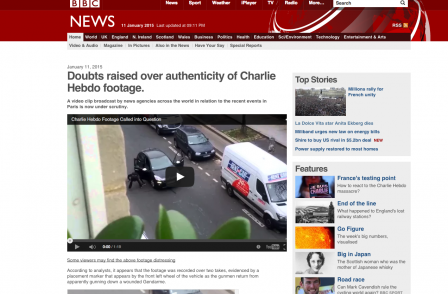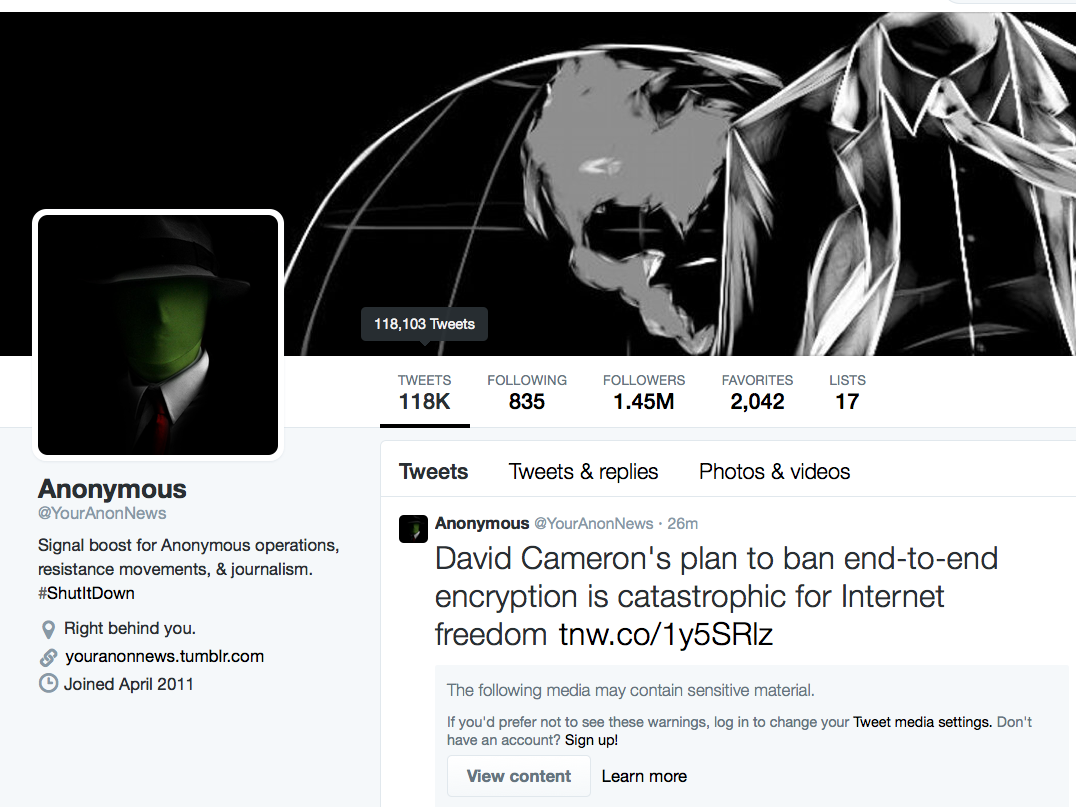Critical Thinker
Senior Member.
.......
Anyway, last night I was messaged by a friend who told me that multiple people were warning her to look out for me and I do not even talk to her and she is 1/4000 'friends' I have on there??? These people are indeed paranoid I'd have to say. And I posted I think 3 links on a photo of a CONTRAIL(chemtrail, wink) and later today I tried logging onto Facebook and found out I've been locked out and they are requesting I post my ID to prove my identity. I've looked up to try and find similar people who've come across this and it coincides with my suspicion that I have been reported by many people from the group to cause this to happen. The story is the same, these people didn't do anything wrong except for other people abusing the report button simply because they disagree with the nature of whatever you're posting even though it's not meant as disrespect.
That's when I came here and read your post.
My account was also blocked on Facebook with the message that it was being reported as being or promoting a business.... which of course was complete BS. This may be their latest tactic to report debunker's Facebook accounts, which will get the account closed and all their prior posts also disappear. There are a number of Facebook TOS violations I see from conspiracy cultists (fake names, promoting for businesses (geoengineeringwatch or Infowars)) and by the same token shouldn't their accounts also be cited and closed based on actually violating the Facebook TOS?
Tying this in with this thread; are they aware of their own hypocrisy when they falsely report an account in violation of the TOS when they are in fact violating the TOS? It seems that the CT believers do a lot of projection, there had been a study about people who believe in fictional conspiracies are more likely to engage in conspiring against others.
Here is the link to the study
External Quote:
1
British Journal of Social Psychology (2011)
C
2011 The British Psychological Society
TheBritishPsychologicalSociety
www.wileyonlinelibrary.com
Brief report
Does it take one to know one? Endorsementof conspiracy theories is influenced by personal willingness to conspire
Karen M. Douglas
∗
and Robbie M. Sutton
University of Kent, Canterbury, UK
We advance a new account of why people endorse conspiracy theories, arguing that individuals use the social–cognitive tool of projection when making social judgments about others. In two studies, we found that individuals were more likely to endorse conspiracy theories if they thought they would be willing, personally, to participate in the alleged conspiracies. Study 1 established an association between conspiracy beliefs and personal willingness to conspire, which fully mediated a relationship between Machiavellianism and conspiracy beliefs. In Study 2, participants primed with their own morality were less inclined than controls to endorse conspiracy theories – a finding fully mediated by personal willingness to conspire. These results suggest that some people think 'they conspired' because they think 'I would conspire'
..........


